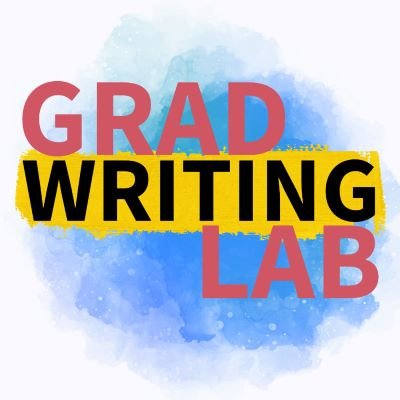How to Protect Students’ Intellectual Property Rights (even in the humanities)
ID: Ideas for Sale
Right before I judged a pitch contest at the University of Maine's Foster Center for Student Innovation, I prepped by binge-watching Shark Tank. I wanted to perfect my pretend look of disdain.
My binge ended when my writing partner called. I ranted on and on about two women with a good idea and no IP protection, two college students whose ideas I wish were mine, and one poor guy with $150K in patent litigation already under his belt. "Why don't they fix their IP?" I asked and ranted on.
My writing partner interrupted with some force and said, "Wait, wait, wait. Don't you think this show tapes months before it airs? Don't you think the sharks took care of the IP issues already?"
Oh.
That makes sense.
I could think clearly again.
But the IP problems were hitting a little too close to home on that day, and the writing we were doing focused on just these problems. When a good idea is disclosed, it starts a clock. The inventor has a year to file a patent application.
For instance, I have a student who has an idea that I think needs protection, at least at a non-disclosure level. A non-disclosure agreement means that we can discuss his idea, but the clock doesn't start. The student is in the humanities and other faculty do not think he needs a non-disclosure document because humanists don't create anything and definitely don't need to know anything about IP.
The thing about IP is that you don't think you need it until it's late in the game. And, you don't really want to pursue it without very good reasons because it's expensive.
But we are living in a world of invention conventions and fourth-grade sales of DIY goods. It's time for teachers in all disciplines and at all grade levels to learn how ideas enter thef marketplace because even an English major can invent things.
When I called our office of technology transfer to ask if the student needed a non-disclosure agreement for the faculty committee, I had one in my email box before the phone call ended. They do not care if the idea is good or bad, will succeed or fail; they simply want to ensure the student has space and time to explore and develop the idea properly.
Are you encountering "non-traditional" inventors in your work? If so, make sure they have the correct protections in place to develop their ideas.

